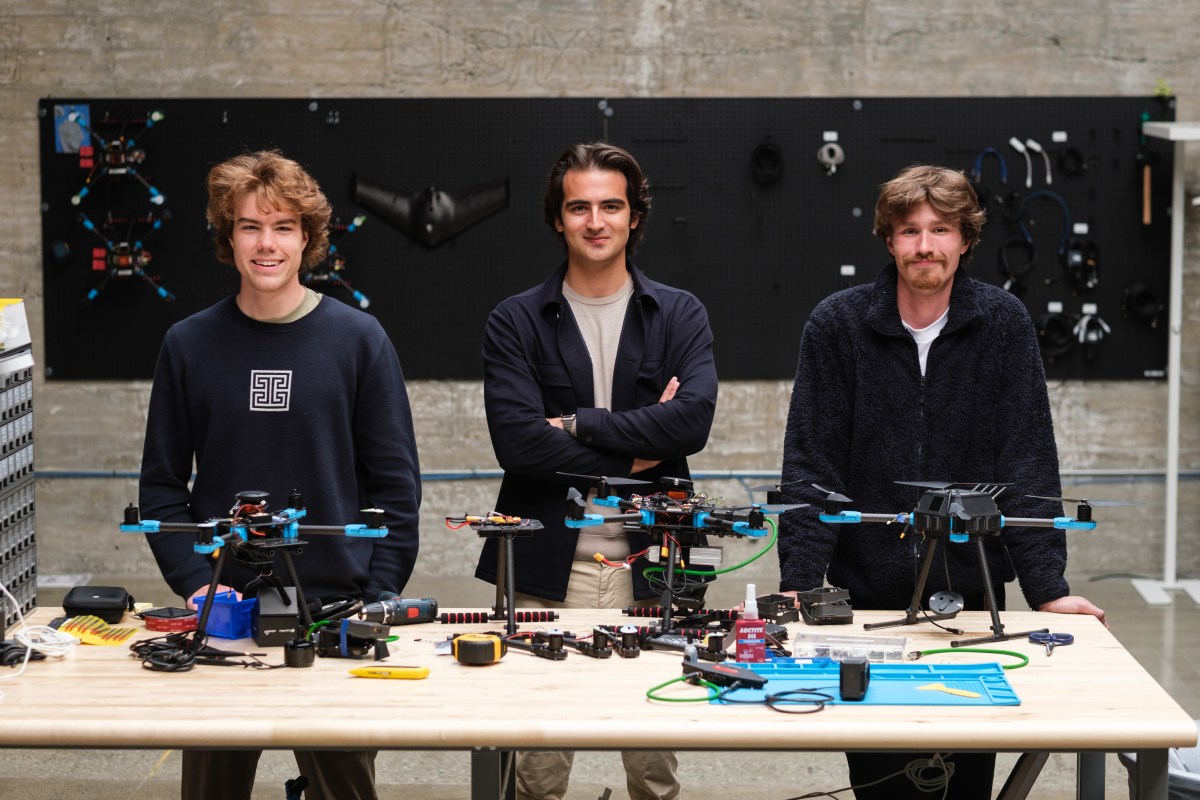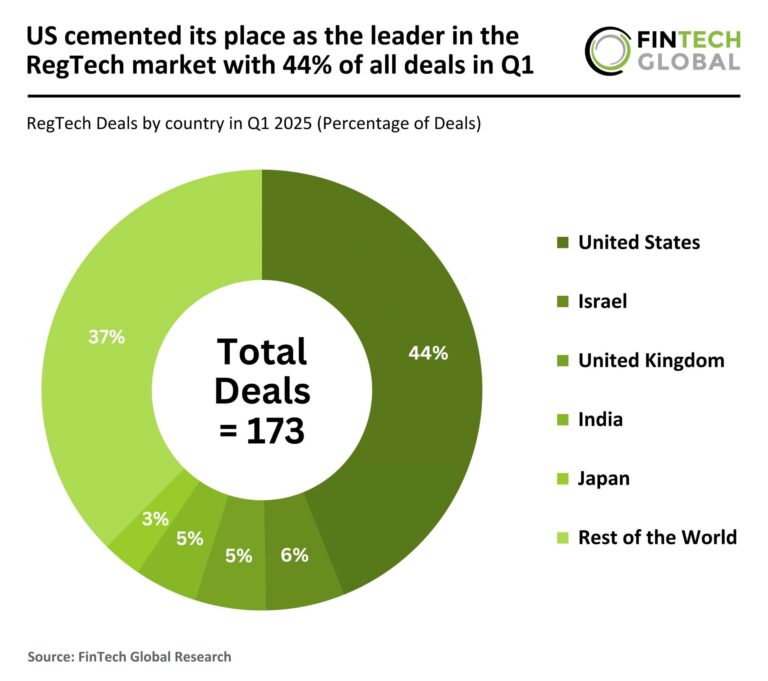How Defense Tech Startup Theseus Secured $4.3M from Y Combinator and US Special Forces with Just One Tweet
On February 18, 2024, Ian Laffey, along with fellow engineers Sacha Lévy and Carl Schoeller, made headlines by developing a low-cost drone at a hackathon. This innovative drone utilizes a camera in conjunction with Google Maps to calculate its GPS coordinates, addressing critical challenges in drone navigation.
Innovative Drone Technology Emerges from Hackathon
The trio, all under 25 years old, designed and built this drone for less than $500 within 24 hours. Laffey shared their achievement on X, showcasing the potential of their technology to combat the increasing issue of GPS jamming faced by drone operators, particularly in conflict zones like Ukraine. Traditional reliance on GPS has forced operators to use high-tech goggles for visual navigation, which can be problematic in adverse weather conditions.
The Viral Moment That Changed Everything
After the hackathon, the team went their separate ways, but their tweet quickly gained traction, leading them to apply for Y Combinator’s Spring 2024 cohort. They successfully gained admission, marking a significant turning point in their journey.
Seed Funding and Future Aspirations
Now operating under the name Theseus, the San Francisco-based startup has secured $4.3 million in seed funding. This round was led by First Round Capital, with additional investments from Y Combinator and Lux Capital, as reported by TechCrunch.
Joining the Drone Startup Ecosystem
Theseus is entering a competitive landscape of drone startups. Other notable companies include:
- Skydio: Focused on replacing Chinese drones for U.S. law enforcement, valued at $2.2 billion in 2023.
- Shield AI: Specializes in reconnaissance drones, recently raised at a $5.3 billion valuation.
- Anduril: A major player in defense tech, launched a small drone last year and is reportedly seeking a valuation of $28 billion.
Technology Focused on Unmanned Flight
Theseus differentiates itself by not manufacturing drones. Instead, it concentrates on developing the hardware and software that enable various military drones to operate unmanned without GPS. According to CEO Schoeller, the company’s focus is solely on ensuring that a drone can navigate from point A to point B, without making targeting decisions.
Collaboration with U.S. Special Forces
Although Theseus has yet to secure any military contracts, its viral presence has attracted the attention of U.S. Special Forces. The company has entered an agreement for early testing and development of its technology. Recently, they conducted tests at a secret Special Forces base, with plans to refine their system further.
A Leap of Faith
Starting a business with individuals known for less than a week is typically not recommended. However, in the case of Theseus, this leap of faith has proven fruitful, as noted by Schoeller in a recent LinkedIn post.
As Theseus continues to develop its technology, it aims to make a significant impact in the drone industry, particularly in military applications where GPS technology may be compromised.







